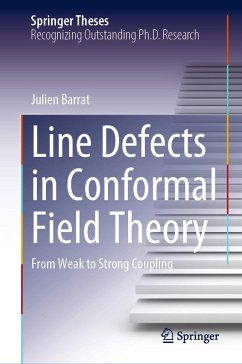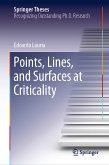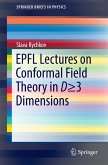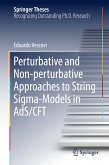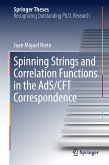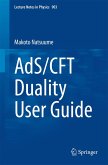This book investigates conformal line defects in both the weak- and strong-coupling regimes. Conformal field theory finds applications across diverse fields, from statistical systems at criticality to quantum gravity through the AdS/CFT correspondence. These theories are subject to strong constraints, enabling a systematic non-perturbative analysis. Conformal defects provide a controlled means of breaking the symmetry, introducing new physical phenomena while preserving crucial benefits of the underlying conformal symmetry. Two distinct classes of models are studied. First, we focus on the supersymmetric Wilson line in N = 4 Super Yang-Mills, which serves as an ideal testing ground for the development of innovative techniques such as the analytic conformal bootstrap. The second class consists of magnetic lines in Yukawa models, which have fascinating applications in 3d condensed-matter systems. These systems have the potential to emulate phenomena observed in the Standard Model in a low-energy setting.
Dieser Download kann aus rechtlichen Gründen nur mit Rechnungsadresse in A, B, BG, CY, CZ, D, DK, EW, E, FIN, F, GR, HR, H, IRL, I, LT, L, LR, M, NL, PL, P, R, S, SLO, SK ausgeliefert werden.

